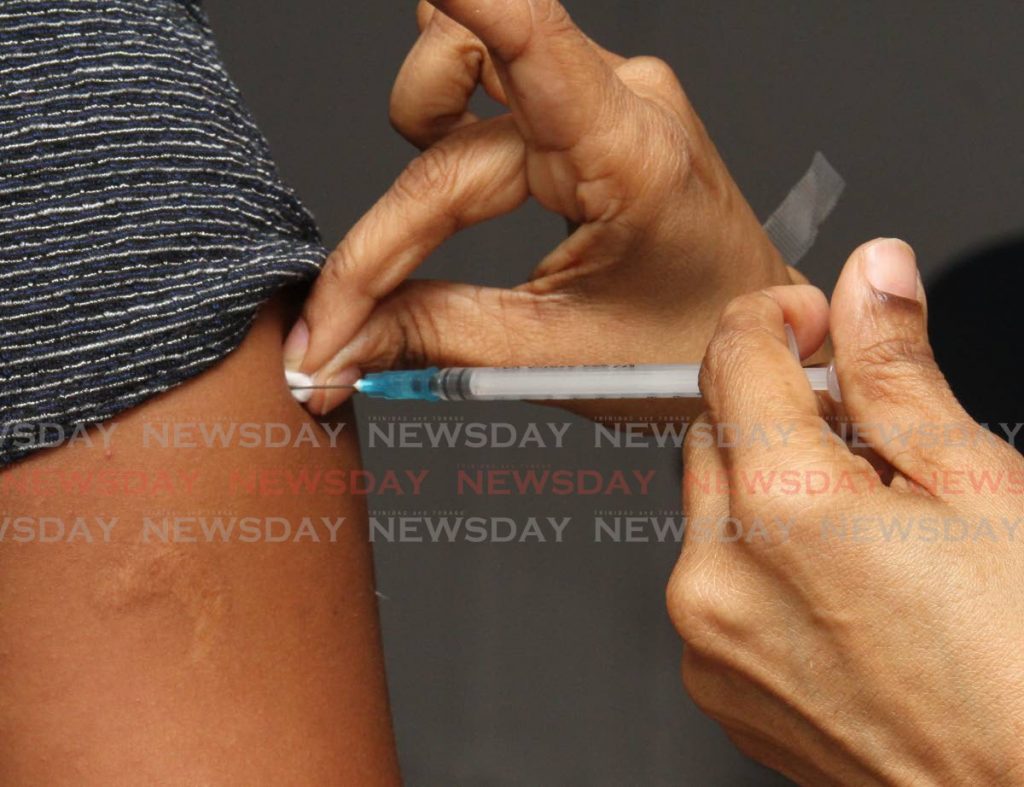Towards virus elimination

THE EDITOR: Elimination (of infectious disease) is defined as “reduction to zero of the incidence of a specified disease in a defined geographical area as a result of deliberative efforts; continued measures to prevent re-establishment of transmission are required.” In epidemiological terms it means bringing active cases down to zero or near zero in a geographical location, and continued vigilance via testing.
The Minister of Health seems conflicted about the country’s present standing with the virus. On television he started what can best described as a rant against the Opposition Leader by reminding her that at five new cases a day, TT cannot be described as “reeling from the challenges of covid19,” an opening salvo in Kamla Persad-Bissessar”s letter to India’s Prime Minister Narendra Modi requesting a gift and purchase of vaccines.
The minister appears conflicted because at last Saturday’s covid19 news briefing, ie three days earlier, I was taken aback by his admonishment that five new cases per day should not be misconstrued by John Public that the battle to control the virus had been won; that, au contraire, the virus was still very much with us and that the public health measures and lockdown restraints remain in full force.
It could be that the two leaders, with political gain in mind, chose to accentuate specific factors in the decision-makers’ efforts to navigate the ongoing tradeoffs between healthcare costs and economic costs, vaccines having now assumed centre stage. The Opposition Leader must surely be aware that even at the height of the pandemic – September/October when new cases and deaths were at their highest – TT did not meet the accepted definitions of a hot spot and that now with four weeks of a rolling average of five new cases a day in a population of 1.4 million people, covid19 is as good as eliminated in TT.
Given the foregoing, one can only deduce that the challenges referenced by Persad-Bissessar in her letter are the economic costs of the lockdown and the steps that must be taken to relieve the current as well as the serious long-term consequences associated with worker dislocation; for example, receipt and roll-out of vaccines. As stated in previous letter, it is not just about the persistent earnings losses but also consequences such as elevated rates of food insecurity, anxiety and depression, diminished physical health and a lower rate of educational attainment for children.
As most have been made aware, these human costs are disproportionately borne by segments of the community already anchored in broader injustices well known by those in power. Vaccine politics should not distract from what can be done to bring more immediate relief, especially in respect of the latter. I maintain that it is folly to tie such relief to receipt of appropriate quantities and roll-out of qualified vaccines. Herd immunity is the goal and that for TT is in the very distant future considering factors elaborated by no less a person than US President Joe Biden as he most recently considered the prospects of the US meeting that goal. Our leaders should take note.
It is not rocket science. Policies and action plans employed by other warmer countries that have achieved viral elimination, such as Australia and New Zealand, are readily available and should be applied in TT without further delay. What restraints should be lifted, what to do when the virus raises its ugly head again, as it will, how to engage the public in these efforts, and so on, are already well known. No need for speculation on what can be done now.
KENWYN NICHOLLS
via e-mail


Comments
"Towards virus elimination"